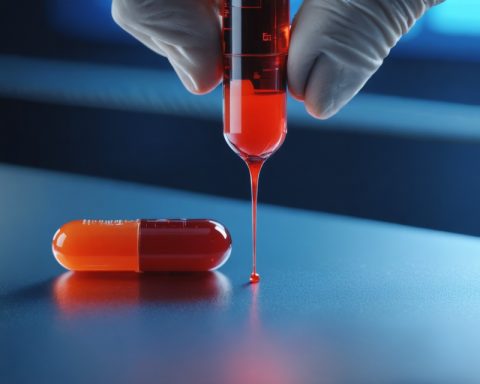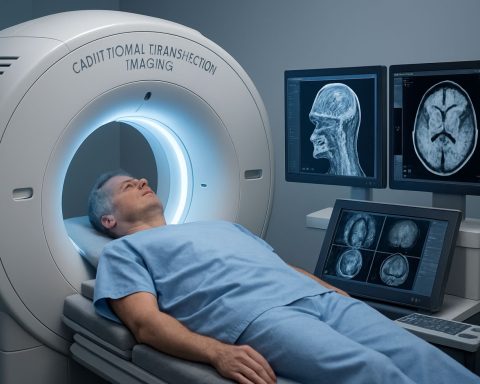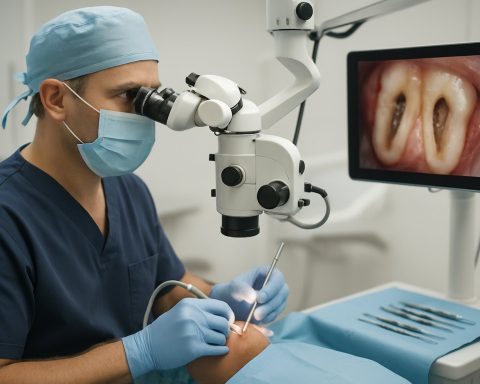Disease Diagnosis
Disease diagnosis is the process of identifying a disease based on the signs, symptoms, medical history, and diagnostic tests of a patient. It involves the assessment of various clinical findings and the use of medical knowledge to determine the nature of a patient's health issue. Accurate diagnosis is crucial as it guides treatment decisions and management of the condition. The diagnosis can be categorized as a clinical diagnosis, based on examination and patient history, or a differential diagnosis, where multiple potential conditions are considered before arriving at a definitive conclusion. It often requires collaboration among healthcare providers and the use of various diagnostic tools, including imaging, laboratory tests, and biopsies. Effective disease diagnosis is fundamental to achieving positive health outcomes and improving patient care.







